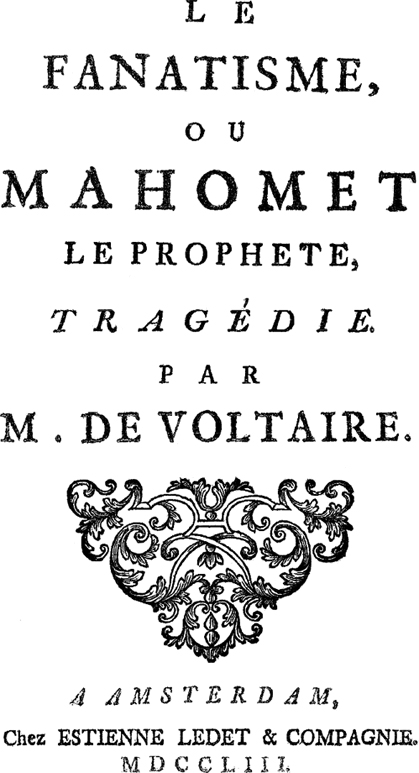The concept of eternal return has a chequered history through philosophy and culture, but Alasdair Roberts is invoking the particular use of the term by the religious historian Mircea Eliade. The Wikipedia entry) says that Eliade's eternal return is "a belief, expressed... in religious behaviour, in the ability to return to the mythical age, to become contemporary with the events described in one's myths".
Thus, through the medium of song, we are taken back to become contemporary with, among other things, the Crusades and the falls of Jericho and of Babylon.
From Alasdair's interview by Tyler Wilcox in 2009:
the first song in some ways explores the idea of “eternal return” – I was reading Mircea Eliade on the subject, and Nietzsche obviously wrote about it – I became obsessed with the idea and the various ways in which it could be configured. There’s obviously the classic image of the ouroboros serpent… but I was also think about it in terms of the myth of progress – when what we think of as progress is actually destruction. Like Kekulé’s ring, Benzene. And the fact that I personally constantly return to Song as a form of “expression” or creation rather than, say, improvisation or composition.
 Adam and Eve, on the Sistine Chapel ceiling, by Michelangelo
Adam and Eve, on the Sistine Chapel ceiling, by Michelangelo
